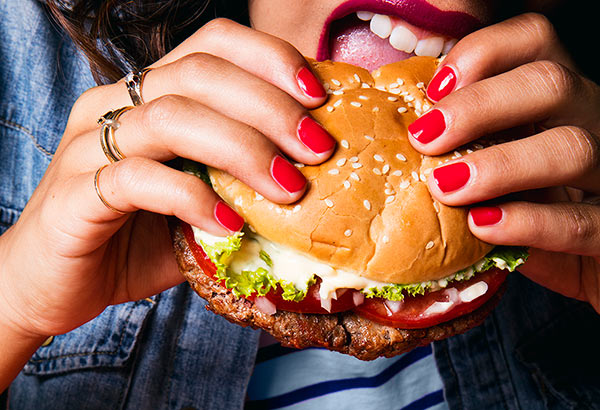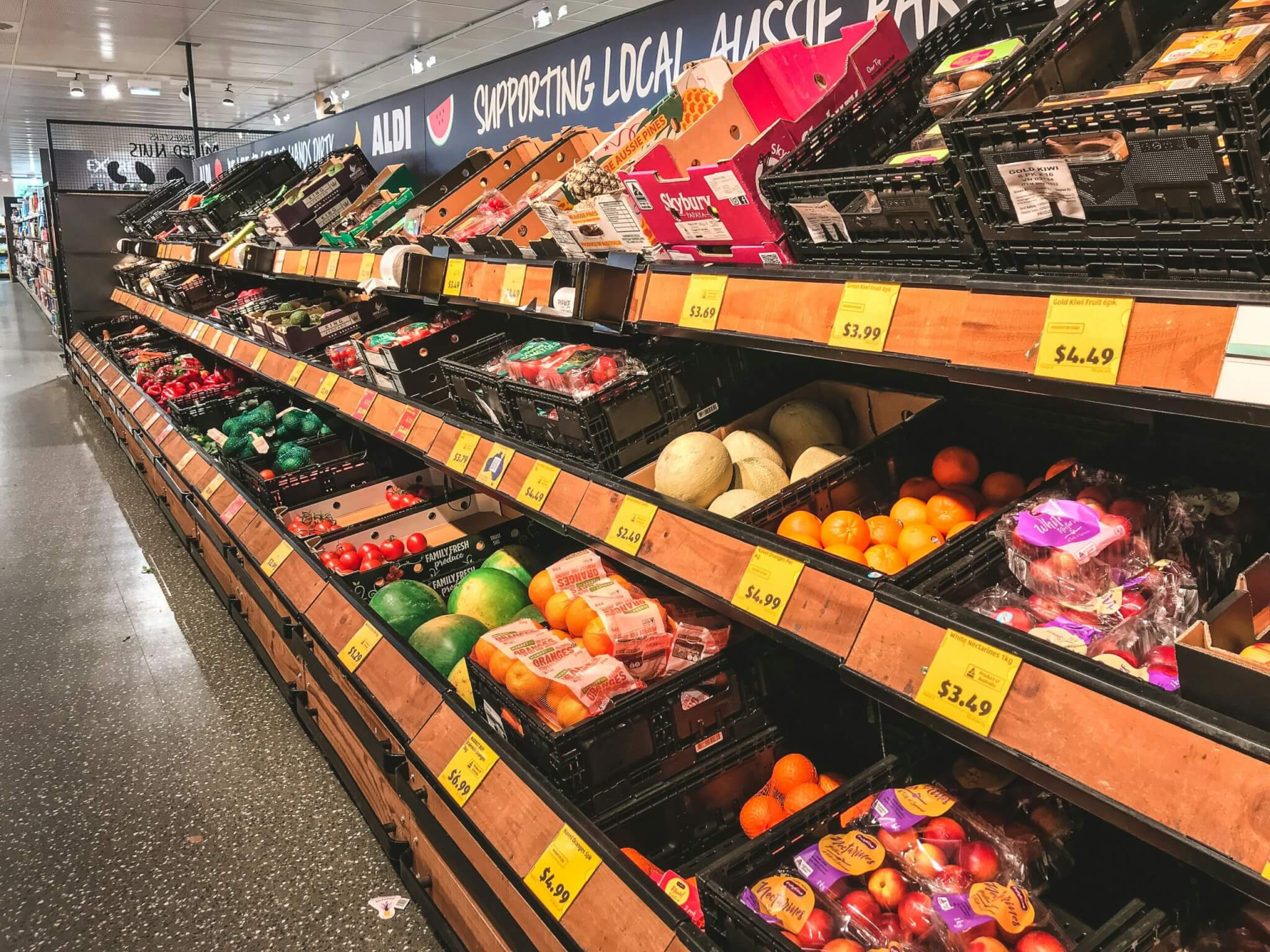It’s hard to ignore the environmental benefits of eating plant-based, with the author of one 2018 research review from the University of Oxford calling a vegan diet “probably the single biggest way to reduce your impact on planet Earth.”
It would seem that the recent plethora of plant-based meal options on the market is making it even easier for consumers to reduce their environmental impact, and from the melee of choices, two companies have emerged as industry leaders.
Los Angeles-based Beyond Meat, founded in 2009, began selling plant-based burgers in the US in 2013, and became available in the UK at the end of last year, when Tesco began selling it. A Life Cycle Analysis conducted by the University of Michigan found that the Beyond Burger required 99 per cent less water and 93 per cent less land than a beef patty to produce, emitting 90 per cent fewer greenhouse gases.
Redwood City-based Impossible Meat, meanwhile, was founded in 2011. The company’s Impossible Burger was launched in 2016 in a variety of restaurant locations that now include Momofuku Nishi and Burger King in the United States, with plans to launch in the UK by the end of the year via a tie-up with Burger King.

Impossible claims that its production uses 95 per cent less land and 74 per cent less water than a beef patty, emitting 87 per cent fewer greenhouse gases.
But while both burgers aspire to reproduce the taste and texture of meat without the environmental impact, these two products are not created alike.
When the Impossible Burger was first launched, its claim to fame was its ability to ‘bleed’. This was achieved by genetically engineering heme – the molecule that gives blood its red color – by fermenting soy with yeast. The soy at the heart of this burger is also genetically engineered, which for many experts makes it far from as environmentally sound as the company claims.
Since 91 per cent of soy in the US is genetically engineered to resist glyphosate, for Hans Eisenbeis, director at the Non-GMO Project, the fact that Impossible is relying on GMO soy makes it “likely” that the soy in question is the Roundup Ready variety produced by Monsanto, therefore leading to a “heavy application of glyphosate.”
“Because of superweed resistance, it gets sprayed multiple times,” he says. “So it gets sprayed before it’s planted, it gets sprayed as it’s sprouted and emerged, it gets sprayed mid-season, all the way through to actual harvest.”
Since glyphosate has been shown to be toxic to macro- and microorganisms, its presence in the soil leads to imbalances in biodiversity and microbiomes, according to a 2018 research review in Science of the Total Environment.
And soy is problematic for other reasons, as well. “In terms of the crops that are the most associated with global deforestation and abuse of indigenous people trying to protect their land and ecocide, soy is on that short list, along with sugar, palm, and beef,” says Rachel Greenberger, director of Food Sol and Faculty Member at Babson College.

While she notes that “Impossible has a really compelling footprint in terms of its sustainability, certainly compared to beef,” she adds that soy is indeed “damaging to other elements of life on the planet.”
Beyond, on the other hand, is made with pea protein, which has been recognized by many experts as a sustainable food source. FoodBev Media voted pea protein as one of its top ten food and beverage trends for 2017, in large part thanks to its sustainability.
“If it was me personally and I was concerned about sustainability and that was my chief problem, I would absolutely choose Beyond Burger over Impossible Burger,” says Marie Burcham, director of domestic policy at American organic watchdog The Cornucopia Institute. “I think the pea protein – or peas in general – are grown in a more sustainable manner.”
Beyond does rely on one problematic ingredient: canola oil, made from rapeseed. “It gets into other fields, it takes over, and really hurts heritage crops and specialty feed crops,” says Burcham, while Eisenbeis notes that at least some of the worry over canola is stemmed by the fact that Beyond’s burgers are certified by the Non-GMO Project in the US.

While the best choice will always be to opt for less-processed plant-based whole foods, and in reality food choices are always nuanced rather than binary, Greenberger notes that both of these burgers respond to a very specific demand.
“The entire point of Beyond and Impossible is, ‘we know that you want to eat a burger, and we also know that you’ve started to hear that it’s bad to eat a burger,’” she explains. “They are literally trying as much as possible to replace one thing with the other in a way that is as seamless to the consumer as possible. The overall impact of that is really significant if it lowers demand for beef.”










It would be great to get a recipe for these burger so we can make our own, using ingredients sourced from our favourite sources rather than Round-up-ready soya or Canola.